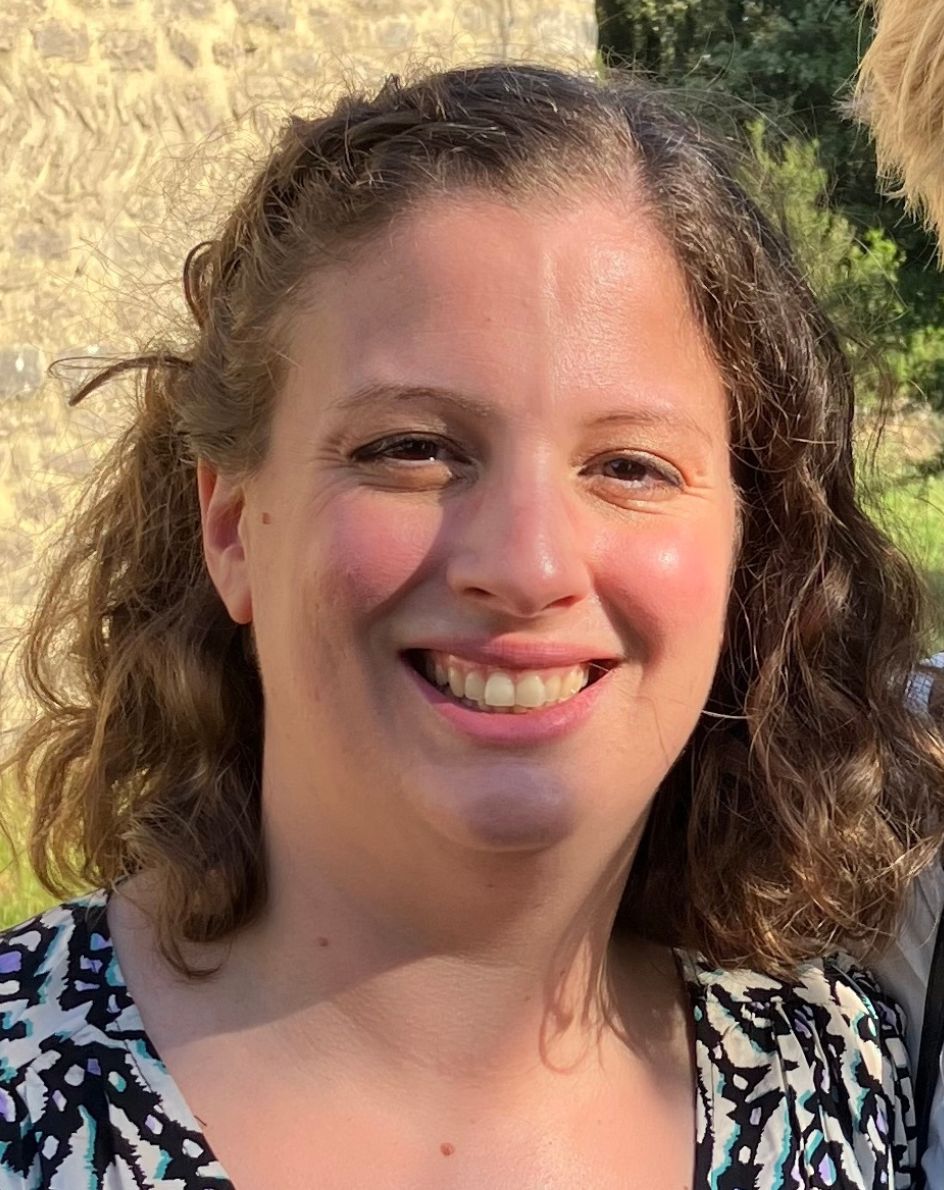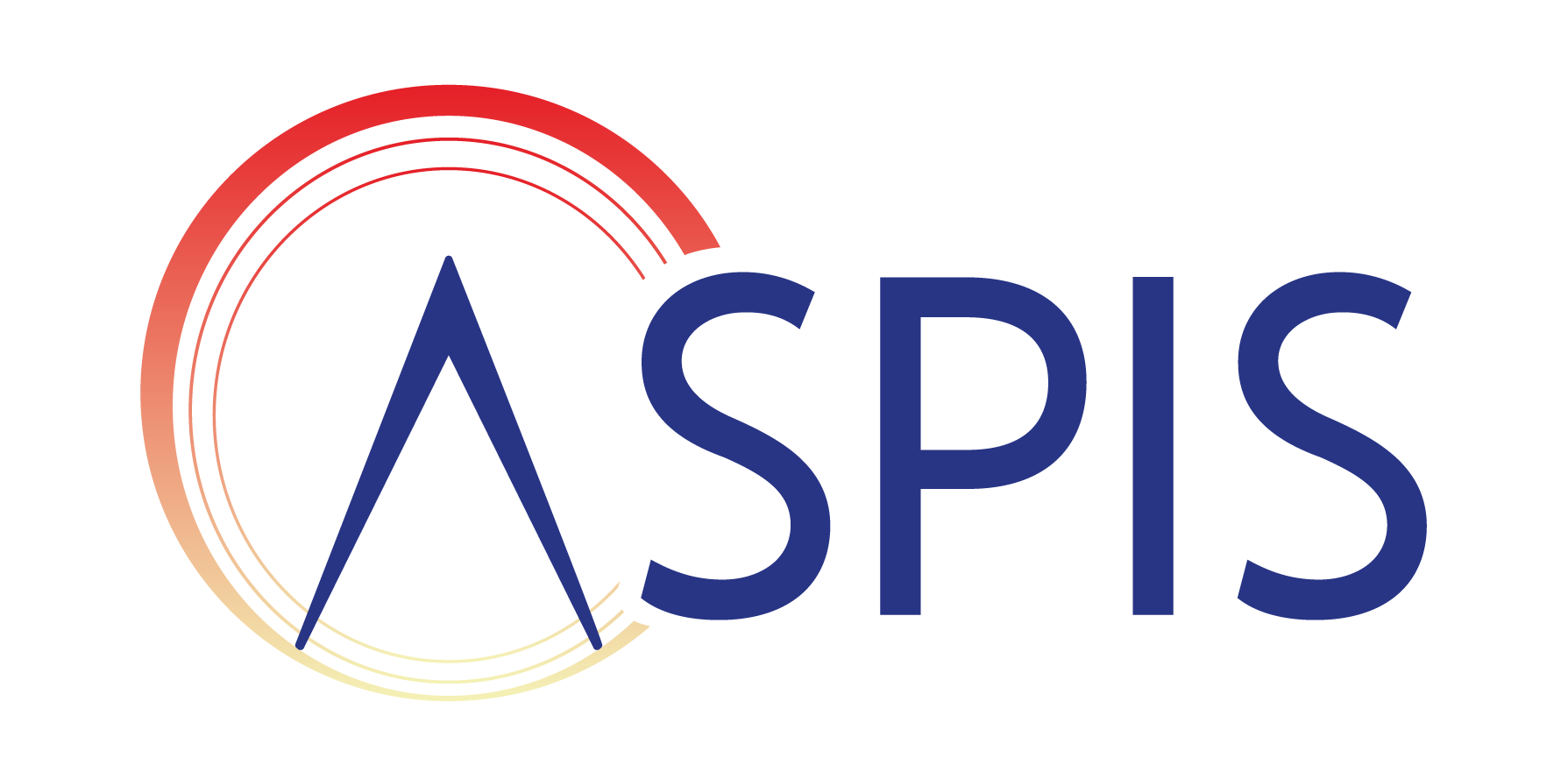The second interview in the ASPIS Academy career development series features Patience Browne, a principal administrator at the OECD. Marie Corradi (ONTOX) engages Patience in a conversation about the challenges she faces in her role, the passion that drives her work in the vital field of chemical regulation, and much more. Dive into the interview to uncover her insights and experiences!
Patience Browne
Patience Browne is a principal administrator in the hazard and exposure assessment programs at the Organisation for Economic Co-operation and Development (OECD).
After completing her MS and working as a marine biologist, she earned her PhD from UC Davis. She spent a few more years in academia as a postdoc and then a professor at South Seattle College before moving to work on the interface between science and policy, first at the EPA and, since 2016, at the OECD. She is also currently a member of the scientific advisory board of the ONTOX project.
“Just because you have chosen one career direction doesn’t mean you can’t change to another. You can work in research, industry, regulation, human health, ecotox.”
What attracted you to regulatory affairs?
Work at the OECD applies to chemical regulation, but I consider it adjacent to, but not specifically, regulatory affairs. For example, I have never reviewed a submission package to come to a decision on chemical effects. I am attracted to work around chemical regulation since it offers an opportunity to have a large impact on the environment and human health protection. Intergovernmental organisations like the OECD have a global impact.
What skills (technical and interpersonal) are most needed to succeed in this sector?
The work is quite dynamic. Technically, there are specific issues related to different chemicals, different chemical sectors, emerging concerns, aspects of chemistry and physics that need to be considered, as well as biology. I work with a variety of technical experts on different projects, so one doesn’t need to be an expert in all technical areas, but must be willing to learn and able to pick up critical knowledge quickly.
The interpersonal skills are probably what most of us didn’t learn in graduate programmes. There is a need to be tactful and recognise various perspectives. For OECD, we engage with multiple stakeholders from industry, government, academia, and NGOs, but there are also delegates with very different communication styles and perspectives at intergovernmental organisations. OECD is a consensus organisation, so you have to make sure everyone feels heard and find compromises. There is a lot of negotiating, which can sometimes feel challenging.
What does your typical day look like?
Highly variable. We have weeks of hosting expert group meetings, where there are full days of meetings to discuss an agenda packed with highly technical topics. Most days, there are at least one or two teleconferences on specific projects. I travel to international conferences and meetings 6 to 12 times per year. There is a lot of writing, reviewing documents, and preparing presentations. I manage people who are all subject-matter experts, so I catch up with them on their projects, but they are largely autonomous. Most days are very busy and spent on more than one specific project. In addition, most projects last 1 to 3 years, so the subjects are pretty variable and dynamic.
Can you describe the type of projects you work on?
They are all over the place. Right now, some of the projects include developing a framework for New Approach Methodologies (NAMs)-based systemic toxicity, how to use research data in regulatory decisions, updating guidance for grouping and reach-across, management of the OECD QSAR Toolbox, developing a new reusable framework for IATA Case Studies, putting together a workshop on new approaches for exposure assessment, guidance for consistent collection of in vivo omics samples, evaluating methods for identifying endocrine disruptors under the UN GHS system for classification and labelling. Mostly, they are about how to use NAMs in chemical assessments and how to establish confidence in such approaches.
What is rewarding in your job, and what do you have to compromise on?
The rewarding aspects are the huge impact of the work. For example, I was the OECD lead on the first defined approach test guideline which used in vitro/in silico methods in combination to replace the need for the mouse test for skin sensitisation. This is one of the most frequently required in vivo tests. Having an internationally harmonised NAM alternative quite literally means that tens of thousands of animals will not be used to test for chemical effects on that endpoint. In addition, it was proof that NAMs could replace the need for animal tests in an international regulatory context. Certainly, not everything is that rewarding, but the potential impact of working globally is quite motivating.
It also requires a lot of compromise. It takes a long time to achieve results and the version of tests/documents/tools/etc. may not be exactly the end product you wanted.
For me, one of the biggest compromises is that I get farther away from the technical work. I was a researcher for many years, and in that environment, you can get interested in something, develop a hypothesis, and work on satisfying your curiosity (funding permitted). Working for the OECD Secretariat means that I have a lot of influence on projects proposed, but ultimately, both the project and final versions will need to be agreed upon by a large group, so the vision is not always exactly as I anticipated. Also, I’m not doing the fun part of sampling and data collection.
How do you continue learning and developing?
The nature of the projects proposed for the OECD programme of work is constantly changing so that part is pretty easy. In the past few years, new projects on omics, systemic toxicity, immunotoxicity, environmental fate and transport, using AI to identify emerging concerns, exposure models for aerial application of pesticides, etc. have all been topics I knew nothing about, but had to learn as they became part of our programme of work.
How do you manage work-life balance?
I will admit that is a challenge. I try to emulate those who are better at it than I am. I am practising saying ‘no’ to things. I am also getting better at recognising that I do my best and most creative work when I take time to recharge.
What role could young scientists have in accelerating NAMs development and adoption?
I think young scientists will be early adopters and champions of NAMs. They were not trained in the 50+ year-old science that has been regulatory toxicology. Young scientists are familiar and comfortable with the new (and not so new) biotechnology and data science that have been an inherent part of most biological sciences for the past two decades.
Young scientists will have to understand that adopting NAMs is not just about wanting to use such data. For most chemical regulation, there are laws that determine what data (and in some cases, what test method) must be used to assess a chemical. The methods need to be developed and trusted before they can be adopted, and adoption may require rewriting laws.
Is a PhD always needed in the regulatory field? Would it be essential to have that title for a position focusing more on science communication or coordination of projects?
I don’t think so. I work with many people who do not have PhDs, and all of them are experts in their respective areas. None of the people in our group who work on science communication have PhDs.
Are there specific certifications or further education that enhance career prospects in regulation?
It is very helpful to have some knowledge of policy. I fully admit that I had no knowledge of policy when I started down this path, and I am still learning. Many programmes teach students how to be good scientists and evaluate the rigour of data. Very few teach how to consider those data in the context of making policy decisions or even what the policies are.
Which advice would you give your younger self if you could meet her?
Just because you have chosen one career direction doesn’t mean you can’t change to another. You can work in research, industry, regulation, human health, ecotox. Being able to think critically and apply what you learned to another area is as important (if not more so), than the experience you accumulate in a specific area.

About the interviewer: Marie Corradi
Marie is a PhD candidate at Utrecht University of Applied Sciences. She uses Natural Language Processing to extract toxicology-related information from scientific text. Being involved in ASPIS Academy allows Marie to interact with other early-career researchers and connect with more senior colleagues engaged in the ASPIS projects.

